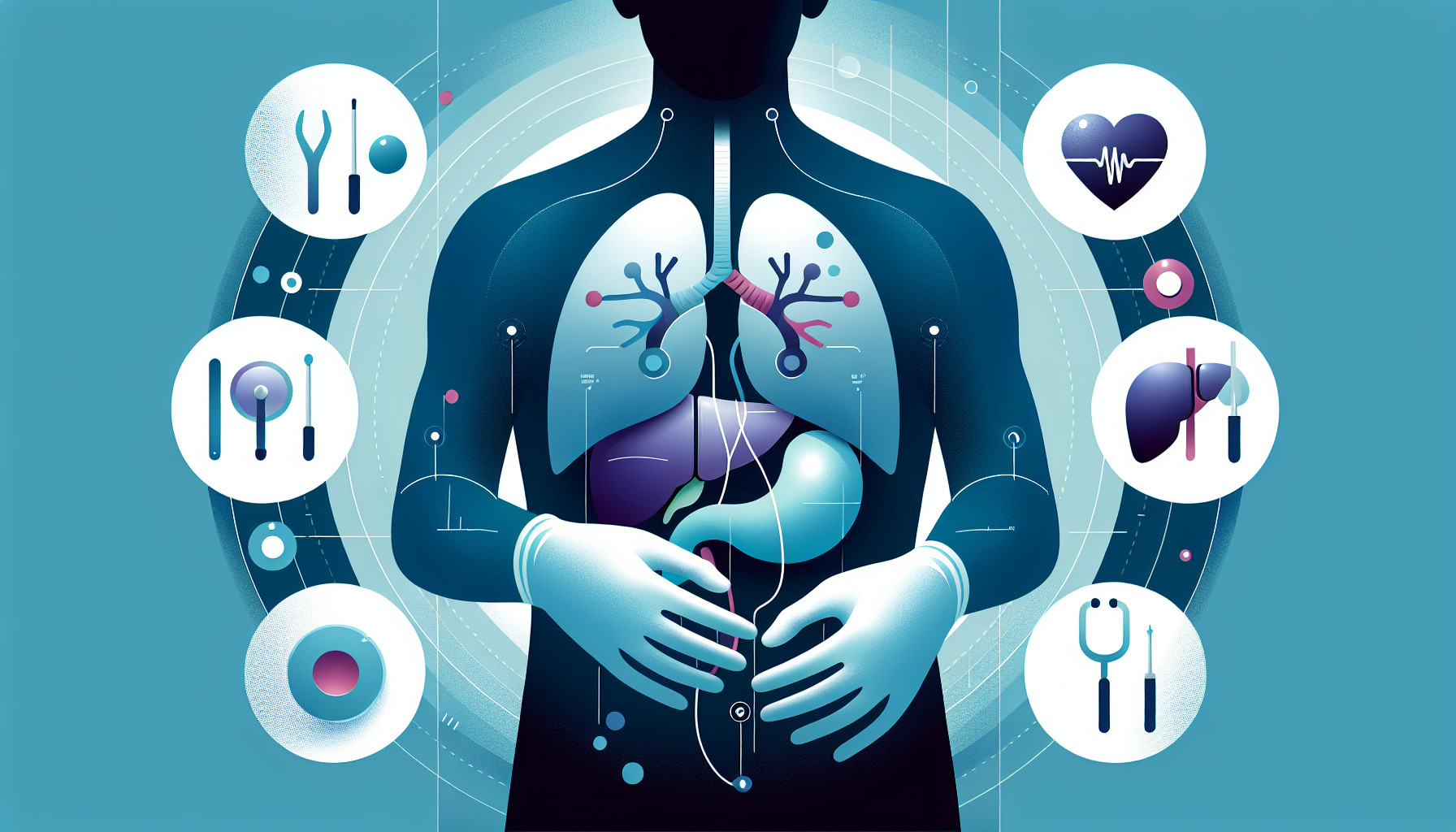Our Summary
This research paper discusses the concept of accommodation in the realm of organ transplants, particularly kidney transplants. Accommodation is a phenomenon where a transplanted organ, despite not matching the blood type of the recipient, still functions normally and resists damage from the recipient’s immune system. The study looks at kidney transplants between donors and recipients with incompatible blood types and how these transplants can still be successful. The paper reviews various theories on why accommodation occurs, whether it’s due to changes in antibodies, the antigen itself, or the transplant’s response to antibody binding. A new model is proposed to explain the process and timing of accommodation. The findings can be applied to other areas of transplantation and possibly other medical fields.
FAQs
- What is the phenomenon of accommodation in the context of organ transplants?
- How can kidney transplants between donors and recipients with incompatible blood types still be successful?
- What are the various theories proposed in the research paper on why accommodation occurs in organ transplants?
Doctor’s Tip
A doctor may tell a patient undergoing an organ transplant to closely follow their post-transplant medication regimen to prevent rejection and ensure the success of the transplant. It is important to attend all follow-up appointments and communicate any changes in health or symptoms to the transplant team promptly. Additionally, maintaining a healthy lifestyle, including a balanced diet and regular exercise, can help support the functioning of the transplanted organ.
Suitable For
Patients who are typically recommended for organ transplant are those who have end-stage organ failure and have exhausted all other treatment options. This includes patients with conditions such as chronic kidney disease, liver failure, heart failure, lung disease, and others. Patients must also be deemed healthy enough to undergo surgery and able to adhere to the strict medication regimen and lifestyle changes required post-transplant. Additionally, patients must have a support system in place to help them through the transplant process and recovery. Organ transplants are not recommended for patients who have certain medical conditions that would make the transplant risky or unlikely to be successful.
Timeline
Before an organ transplant, a patient typically undergoes extensive medical evaluations to determine their eligibility for the transplant. This includes blood tests, imaging tests, and consultations with specialists. Once deemed a suitable candidate, the patient is placed on a waiting list for a compatible organ from a donor.
After receiving an organ transplant, the patient undergoes a period of recovery in the hospital, which can vary in length depending on the type of organ transplanted and the individual’s overall health. The patient will be closely monitored for any signs of rejection or complications, and will be prescribed medications to suppress their immune system and prevent rejection of the new organ.
In the months and years following the transplant, the patient will continue to have regular follow-up appointments with their transplant team to monitor their progress and adjust their medications as needed. They will also be advised to make lifestyle changes, such as maintaining a healthy diet and avoiding certain activities that could put their new organ at risk.
Overall, the process of receiving an organ transplant is complex and requires lifelong commitment to medical care and monitoring to ensure the success of the transplant and the patient’s overall health and well-being.
What to Ask Your Doctor
- What are the risks and benefits of receiving an organ transplant?
- How long is the recovery process and what can I expect during this time?
- What medications will I need to take post-transplant and what are the potential side effects?
- How often will I need to follow up with you after the transplant?
- What lifestyle changes will I need to make after receiving the transplant?
- What are the potential complications that could arise from the transplant?
- How will my immune system be affected by the transplant and what precautions should I take to prevent rejection?
- How long can I expect the transplanted organ to function properly?
- What are the signs of rejection that I should watch out for?
- Are there any support groups or resources available to help me navigate life post-transplant?
Reference
Authors: Garcia de Mattos Barbosa M, Cascalho M, Platt JL. Journal: Xenotransplantation. 2018 May;25(3):e12418. doi: 10.1111/xen.12418. PMID: 29913044
